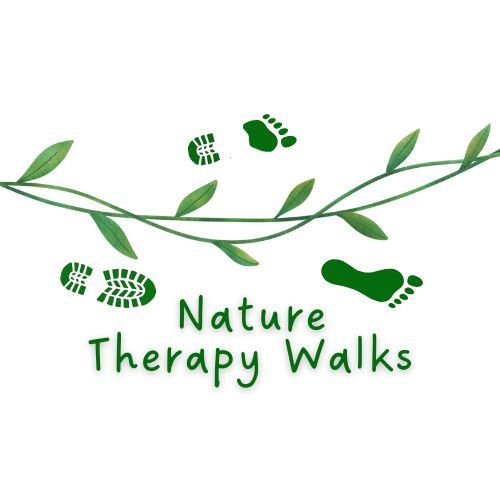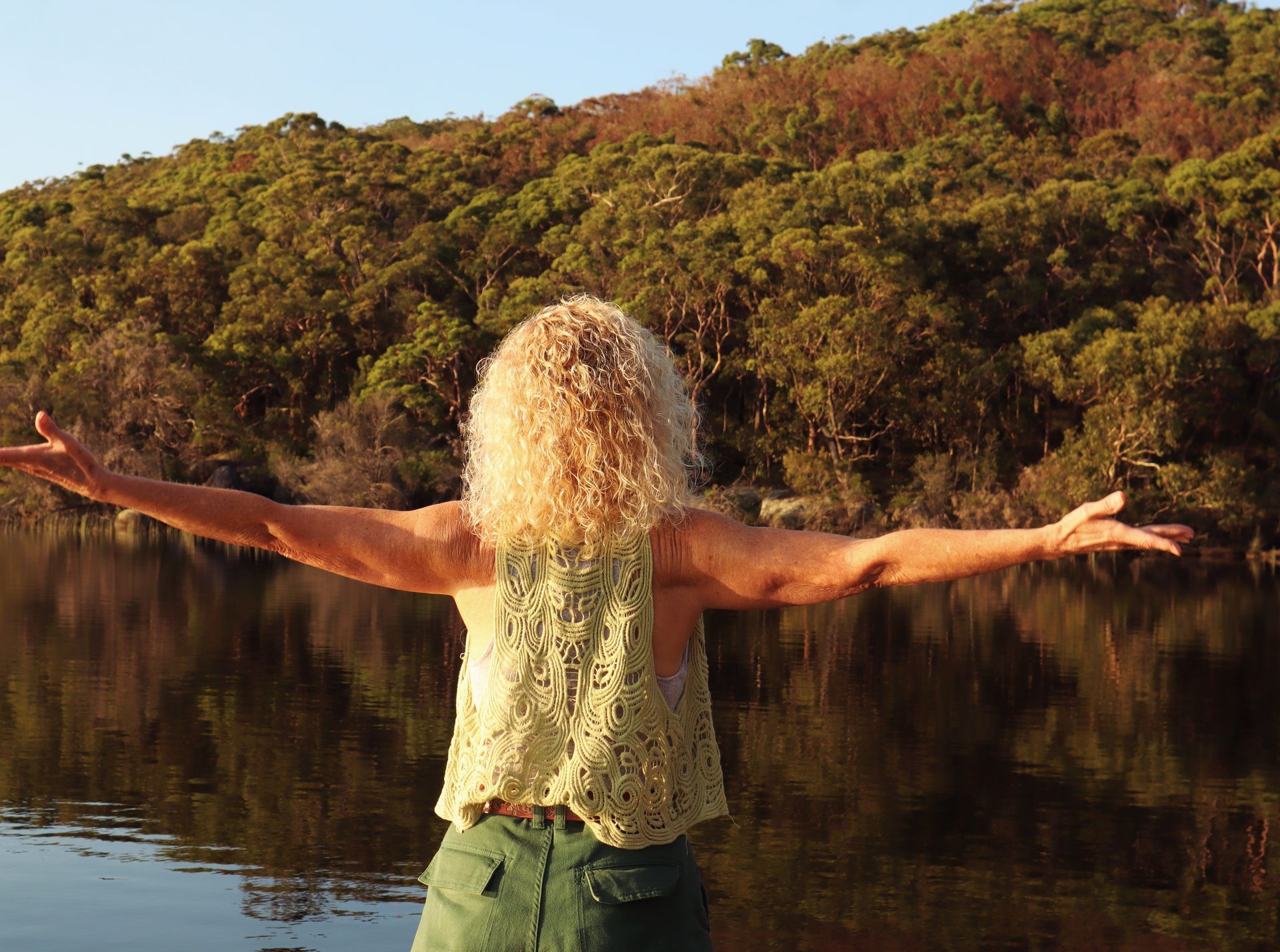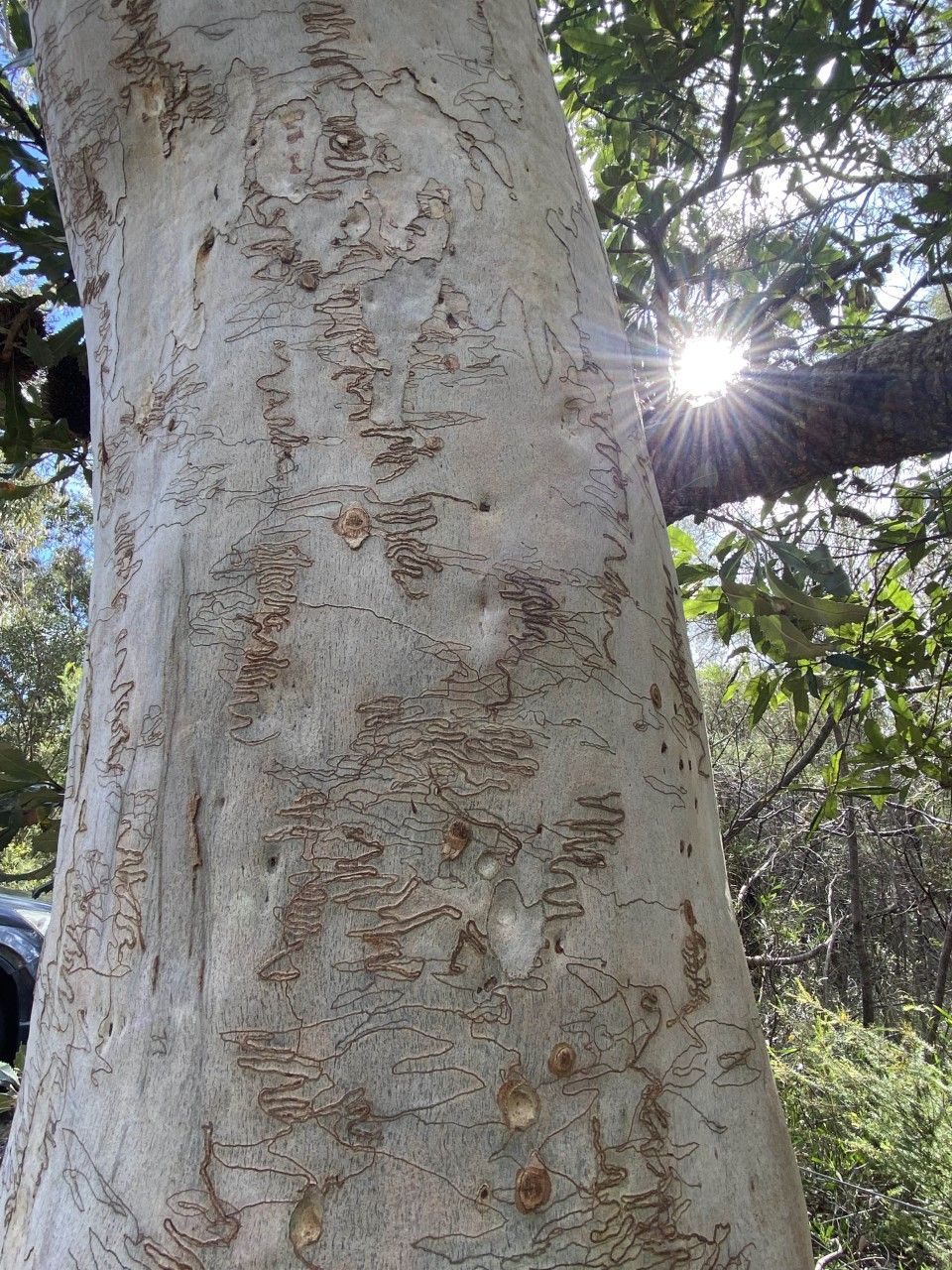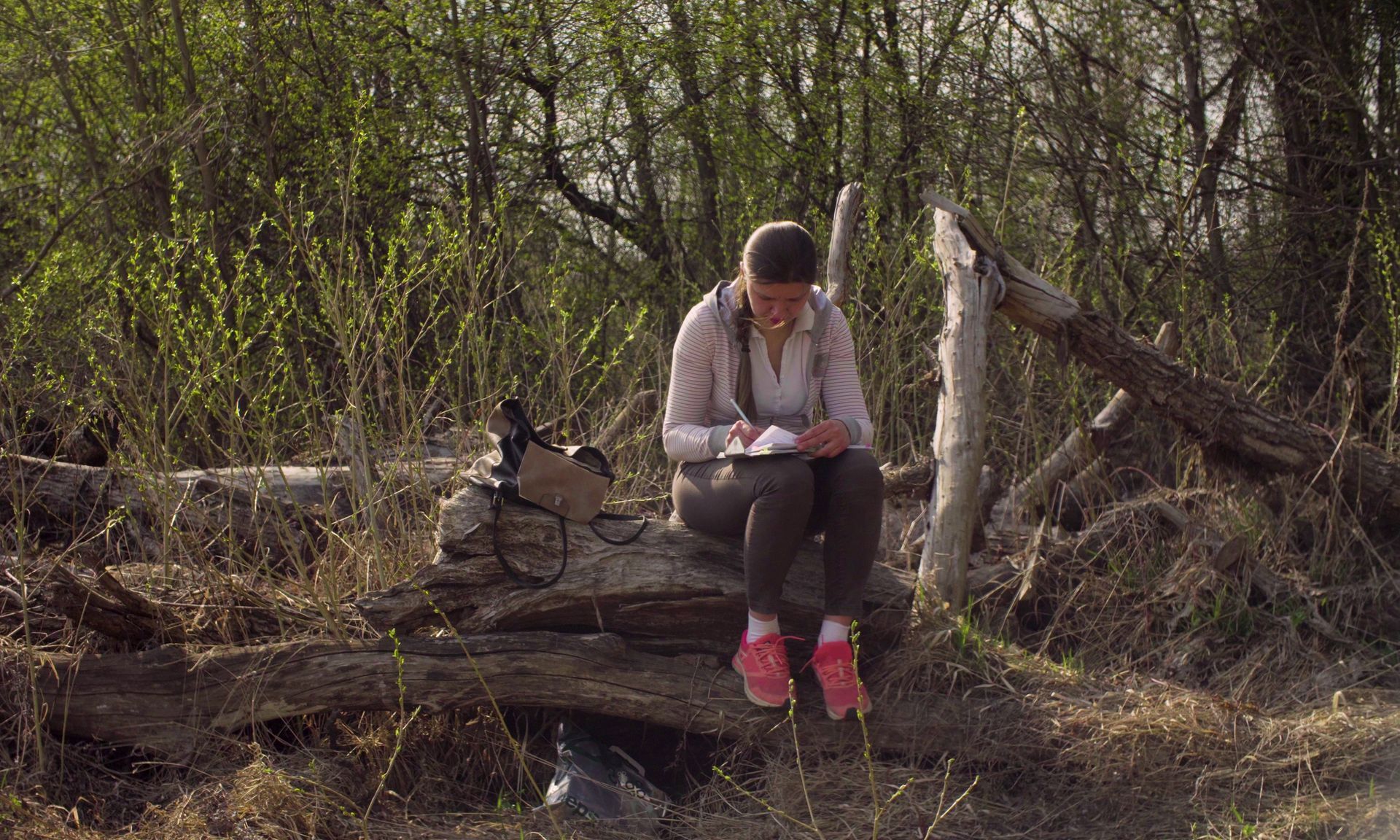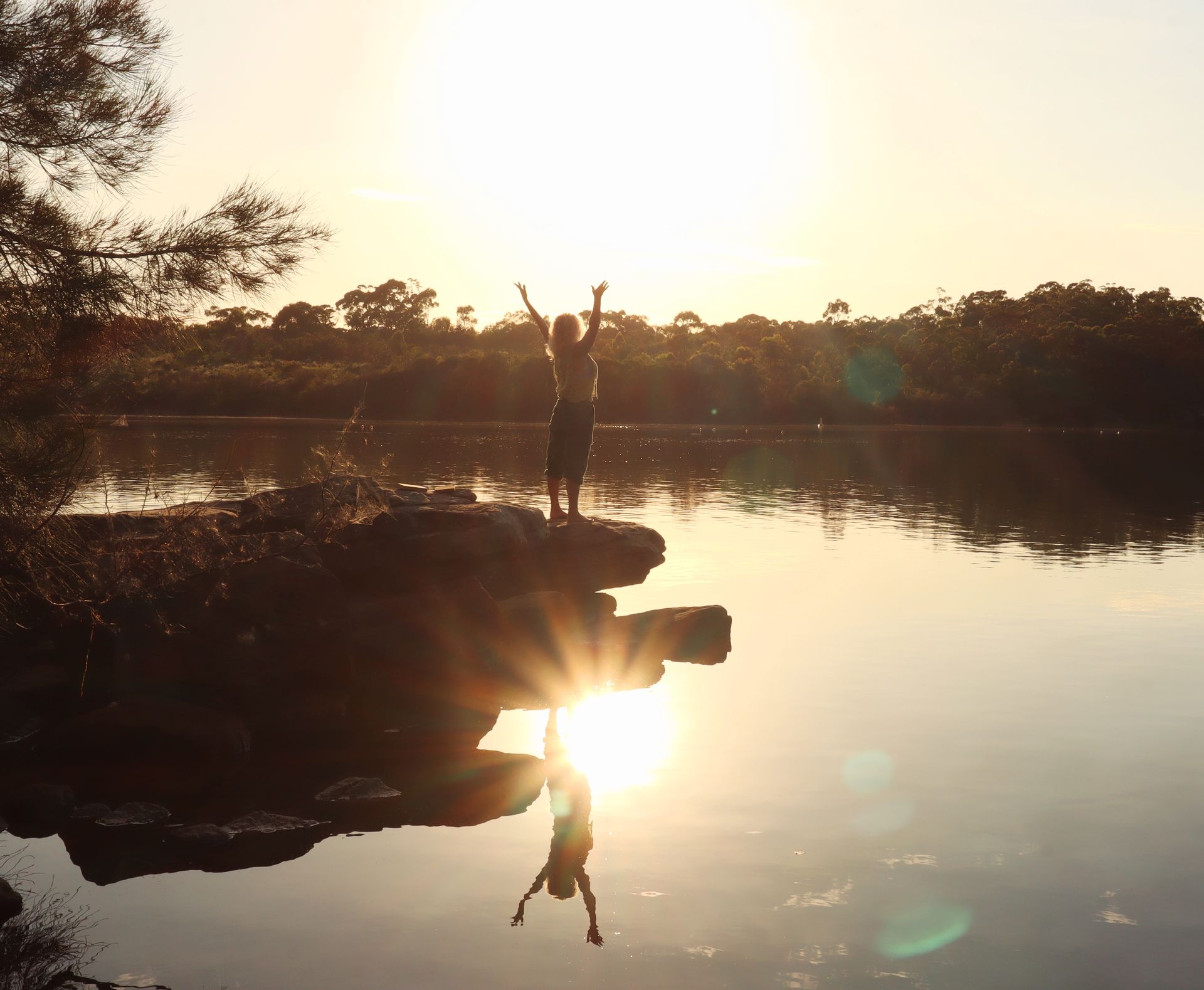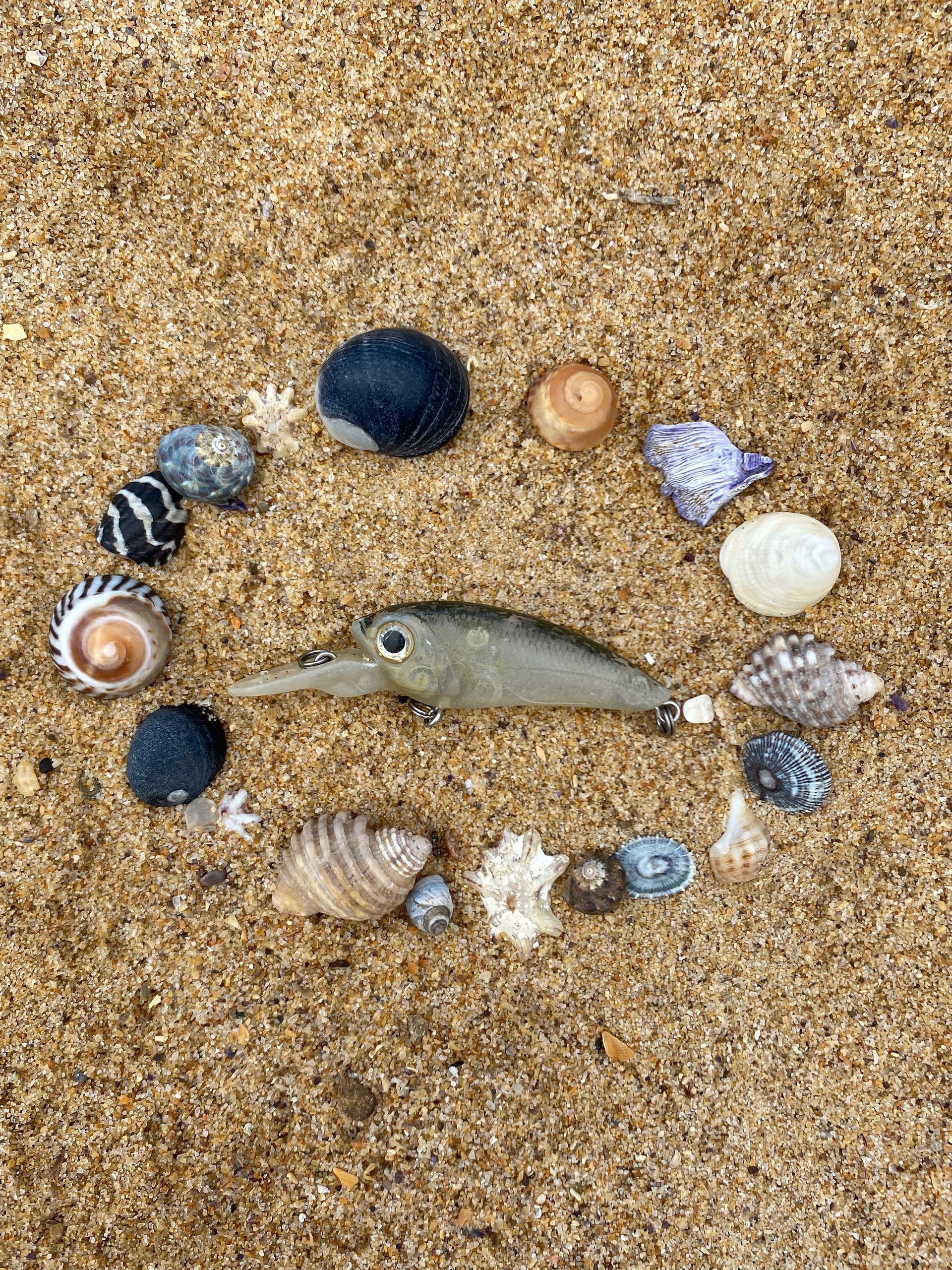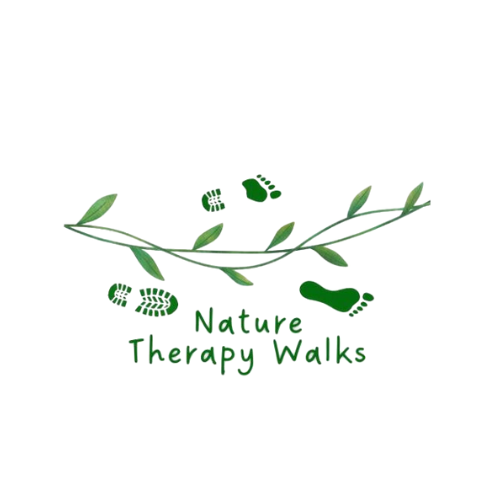
A rose is a rose
We are, as a species, addicted to naming things. Blame it on Genesis. Once the
story got around that God created the animals and plants, but gave the job of naming
them to his best and brightest, Adam, we humans have been slapping labels on
everything we see.
One of the UK’s most admired nature writers, Robert Macfarlane, says it this way,
“We do not care for what we do not know, and on the whole we do not know what we
cannot name. It’s the problem that’s kept science and religion in opposing camps for
centuries – only the nameable, measurable and quantifiable can be “known.”
And it’s why, in 2015, Macfarlane added his name to a list of authors that included
Margaret Atwood and former children’s laureate Michael Morpurgo who complained
to the Oxford University Press that 50 words from nature had been excised from the
dictionary.
Dictionary ditches nature
The letter pointed out that research showed strong bonds between time in nature
and benefits for children’s intellectual, social and emotional wellbeing.
“The National Trust list of 50 things to do before you are 11 includes many for which
OJD once had words, but no longer, like playing conkers, picking blackberries, or
catching minnows in a net,” the letter said.
It quoted research showing 40% of children regularly played outdoors a generation
ago, while 40% never play outdoors today.
“Obesity, anti-social behaviour, friendlessness and fear are the known
consequences,” it said. We believe the OJD should address these issues and that it
should seek to help shape children’s understanding of the world, not just to mirror its
trends.
By 2015, the Oxford Junior Dictionary had deleted dozens of words representing
things from the natural world in favour of words from technology.
The OJD is one of many Oxford Dictionaries and is written for kids up to seven years
old. It has less than 5,000 words, compared with 172,000 in the complete diction, so
sacrifices had to be made.
But why did nature have to make the sacrifice? It seems the editorial policy of the
dictionary follows the ethos of the capitalist/industrial/technological drives of the last
few hundred years: screw nature.
Words like acorn, bluebell and chestnut were replaced by analogue, broadband and
chatroom. The word blackberry, instead of denoting a bush with thorns that you
would willingly risk your forearms and shins on to get a gob-full of purple-juiced
deliciousness, became Blackberry, capitalised. A personal digital assistant or PDA.
Because all important things have an acronym.
Who’s job is it?
The trouble with indignation over the choices made by Oxford’s editorial team is that
it is not the dictionary’s job to set the agenda for society. The job is, in essence, to
“mirror its trends,” for which the authors criticised it. With complex lexicographical
algorithms it totes up words that are being used, and those that aren’t, and captures
terms to reflect the society of the day.
Dictionaries have never stopped changing. And isn’t that how we want it? Who’d put
pedants in charge of the language bank? (Thereby leaving it to languish as hostage
to meticulous mandates decreed by the aristocracy of argot?)
The dictionary reflects what our culture has chosen: technology over nature, every
time. But change is everywhere, always, and our language will reflect shifts back to
nature as clearly as it has away from nature. We have, for example, the word
greenwashing – it’s in the Oxford – that demonstrates nature conservation is
mainstream enough for us to call out the shysters who piggyback on its cachet. We
have named their game.
Humans always start by naming things. In the beginning was the word, after all.
Names are part of our first language, the one spoken to us as babies. But our bodies
know an older language, the language of our evolutionary home which is the natural
world.
Nature Deficit Disorder
In Last Child in the Woods, journalist Richard Louv popularised the term “nature
deficit disorder.” As children spend more and more time indoors and on screens, the
incidence of stress and anxiety, ADHD and other diagnosed mental-illnesses plus
obesity and the physical health impacts of poor physical fitness impacts their lives,
their families and their futures.
In
The Nature Principle: Human Restoration and the end of Nature Deficit Disorder,
Louv broadened his research to study the myriad ways governments, communities
and individuals are working to restore the human relationship with nature.
In his introduction, Louv says The Nature Principle is about the power of living in
nature—not with it, but in it. We are entering the most creative period in history. The
twenty-first century will be the century of human restoration in the natural world.
It’s the optimists view of where we’re headed – in word and in deed. And I’m an
optimist.
Nature Therapy Walks
In a nature therapy walk we don’t fuss over labels – like the botanical names of
plants or the genus of animals – that sort of knowledge is for walks with a naturalist
or biologist or zoologist. They may be wonderful events, but they are a different
species of walk.
A nature therapy walk tries not to engage your thinking mind in labelling things. We
want the mind to get a little loose. In the liminal space of a gentle walk in nature, we
get a chance to let the body feel what it feels, and the mind to take a time-out.
The mind, of course, will go on naming things – even if it’s a quiet murmuring in the
background. But in a nature therapy walk, we might start to feel that the label is not
the whole story. Maybe there are different dimensions to explore, perspectives that
are larger than words. Words, after all, are just symbols that stand in for an entity.
They give us a hook on which to hang our mutual understanding: rock, tree, flower,
ant, bird, fish.
In a nature therapy walk we take a shot at getting closer to the entity itself. As the
German Phenomenologist Edmund Husserl said when he sent his students into the
field: “to the things themselves!” In a nature therapy walk, we head out to engage
with the things themselves.
Phenomenologists like Husserl were not interested in how we humans interpret and
study and dissect the things, but in the raw physical and conscious experience of
them. Phenomenology might be seen as the philosophical ground for what we
loosely call embodiment.
Whatever big words we use, however, it’s all about experiencing rather than
intellectualising. It’s all about getting out into nature.
